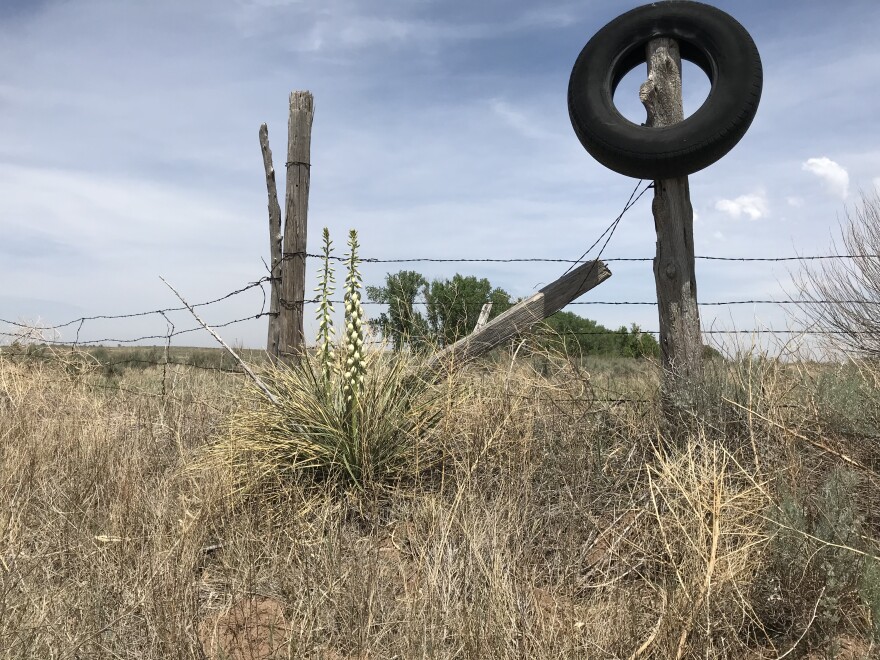Last month was the hottest May on record in Oklahoma. Preliminary data from the Mesonet indicates May finished with a statewide average of 74.6 degrees. That breaks the previous record of 74 degrees, which was set in May 1962.
State climatologist Gary McManus says May followed a pattern that’s typically seen in the summer months because the jet stream retreated north of Oklahoma.
“When we talk about May, we usually talk about that jet stream coming right across Oklahoma from the southwest to the northeast. This go around, it did that a few times, but in general it just felt like it was July so it decided to take the jet stream and move it up out of our way,” McManus said.
May’s record-breaking heat followed an unusually cool April that was the second coldest on record.

The outlook for June is similarly hot. The Climate Prediction Center forecasts a 70 percent chance that June will be hotter than normal across western Oklahoma, and a 60 percent chance in the rest of the state.
“When you talk about above-normal temperatures when you get into the warm season, especially during June, July, August, you’re really talking about increasing the magnitude of the summer heat and that is not a good thing,” McManus said.
Drought conditions continue to grip western Oklahoma. Some areas, including Woodward, are in the D4 Exceptional Drought category, the highest category of drought used by the United States Drought Monitor.
McManus says drought and high temperatures feed off each other.
“In those areas of drought, you have depleted soil moisture and also lots of fields that have been plowed up. So whenever the sun’s energy comes down and strikes the surface, it doesn’t have much soil moisture to evaporate, which of course is a cooling effect,” McManus said. “So all it does is bake that soil.”
As a community-supported news organization, KGOU relies on contributions from readers and listeners to fulfill its mission of public service to Oklahoma and beyond. Donate online, or by contacting our Membership department.








